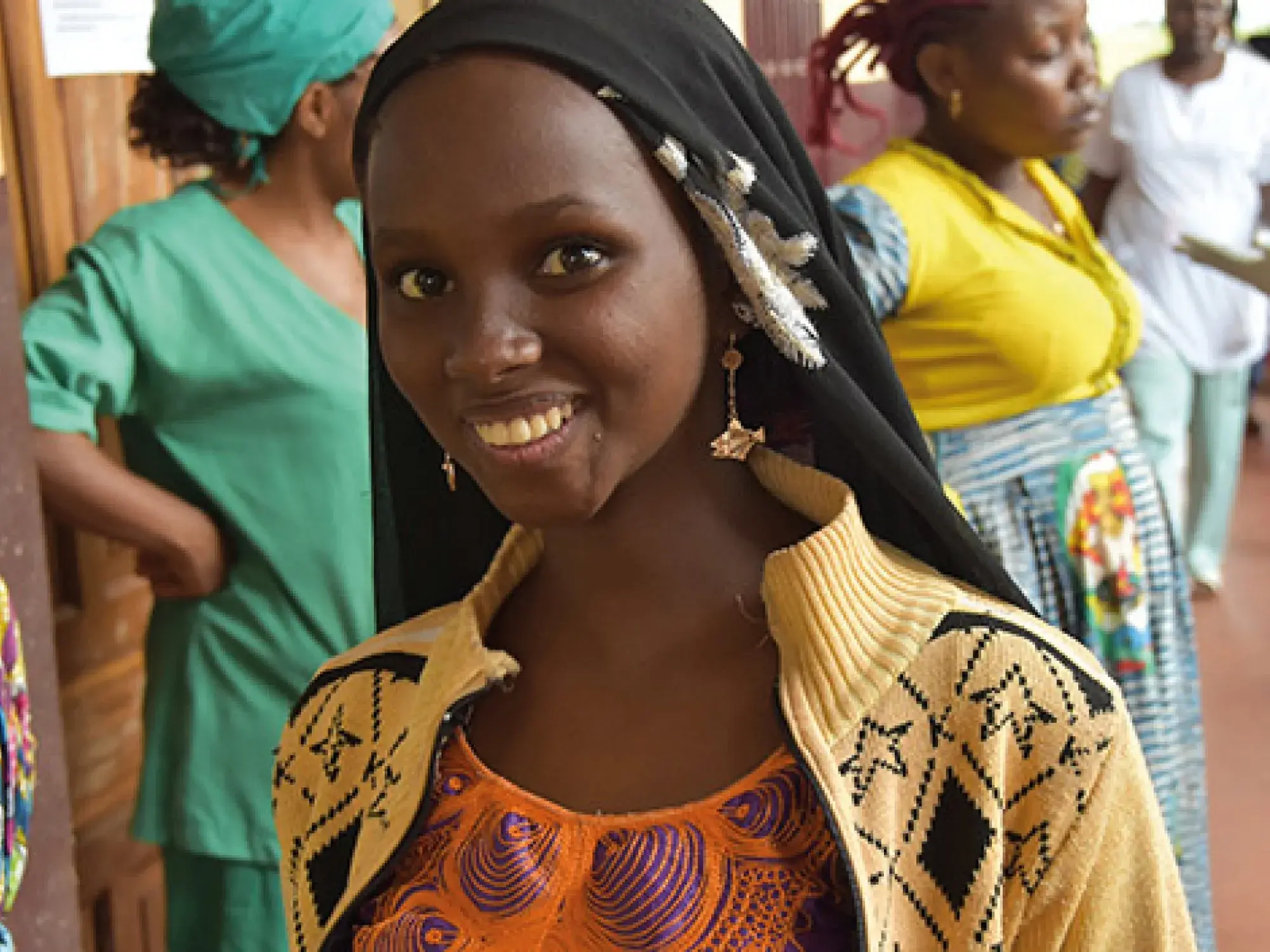It is one of the most serious and tragic childbirth injuries. And it is preventable.
Obstetric fistula is a hole between the birth canal and bladder or rectum or both, caused by prolonged, obstructed labour without access to timely, quality medical treatment. It often leads to chronic health problems, depression, social isolation and deepening poverty. Ninety per cent of fistula cases result in stillbirths.
While pregnancy is safer than ever on average, health systems and communities are still falling short on the promise of safe childbirth, with tens of thousands of women and girls sustaining injuries such as obstetric fistula around the world each year.
As we mark the International Day to End Obstetric Fistula, the theme of the year is: “Breaking the Cycle: Preventing Fistula Worldwide.”
Women and girls at risk of fistula are also at risk of maternal mortality, making action to end the injury a matter of life and death. Investing to ensure equitable access to quality maternal health services can stop fistula – and can save the lives of women and girls. But efforts must go beyond timely medical interventions; they must combat the social, economic and cultural factors that heighten women’s vulnerability to poor maternal health outcomes, including gender inequality.
Health systems can reduce rates of fistula by tracking prevalence, correcting for gaps in care, and safeguarding universal access to a competent workforce of health providers such as midwives – who can provide nearly all essential maternal health services. Community engagement and education can address the sociocultural drivers of fistula, facilitate the social reintegration of survivors, and improve the well-being of women and girls.
With millions of lives on the line, full financing and effective implementation of national fistula strategies are paramount. Allocating resources to support initiatives that address prevention, treatment, rehabilitation and social reintegration will help guarantee no woman is left behind.
Over the past two decades, UNFPA has supported 140,000 fistula repair surgeries; more than 12,000 women and girls received social reintegration support between 2018 and 2023. UNFPA also leads and coordinates the global Campaign to End Fistula, which brings together more than 90 global partners and plays a pivotal role in advancing the rights, well-being and dignity of women and girls, aligning with the Sustainable Development Goals and the Programme of Action of the International Conference on Population and Development.
Through bold leadership, political will and targeted investments, we can eradicate childbirth injuries – and save lives.
“Obstetric fistula is a tragic result of our failure to protect the reproductive rights of the most vulnerable and excluded women and girls,” says UNFPA Executive Director Dr. Natalia Kanem. “By addressing deep-rooted inequalities, reaching those furthest behind, and investing in universal access to timely, high-quality maternal health services, we can and must end fistula once and for all.”


